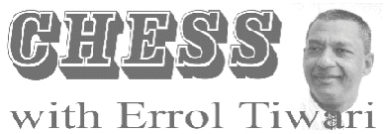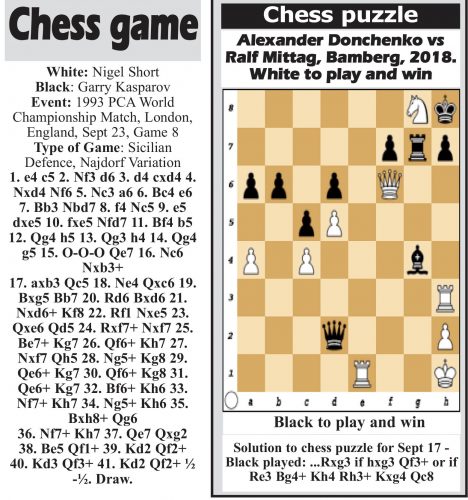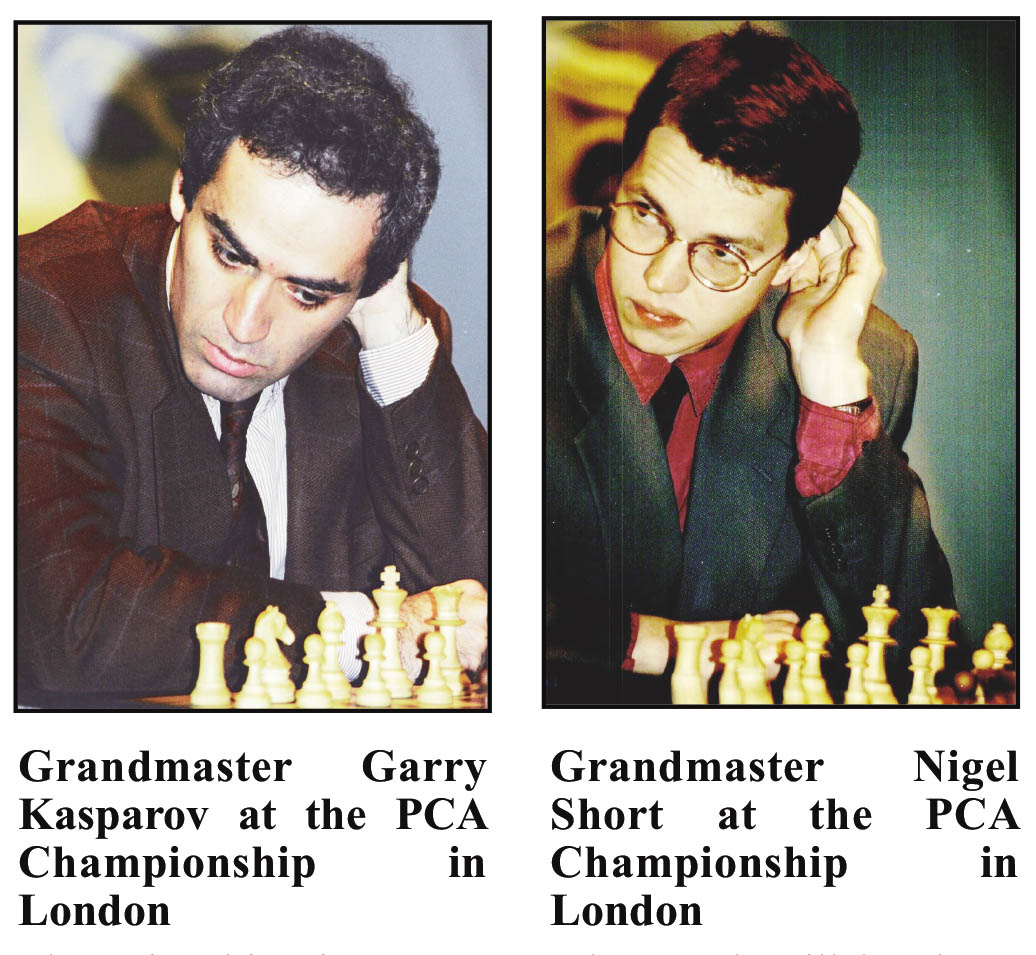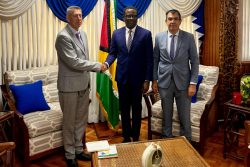 Last week I mentioned the fact that two world chess championships were held in September 1993 which was unusual and unprecedented. The World Chess Federation (FIDE) held one championship in the Netherlands, and the Professional Chess Association (PCA) held the other in London. Today I will feature the championship between Garry Kasparov and Nigel Short in London.
Last week I mentioned the fact that two world chess championships were held in September 1993 which was unusual and unprecedented. The World Chess Federation (FIDE) held one championship in the Netherlands, and the Professional Chess Association (PCA) held the other in London. Today I will feature the championship between Garry Kasparov and Nigel Short in London.
The history of the London duel was controversial as Kasparov, the approved world champion, and Short, his challenger, had walked out on FIDE. Kasparov’s preferred venue for the original FIDE match, Los Angeles, could not raise the prize money and stepped back as organiser. Other venues which were under consideration by FIDE also stepped away.
 Kasparov and Short’s alliance of convenience, the PCA, was formed to promote their own interests and initially had just two members! Eventually, other chess professionals joined.
Kasparov and Short’s alliance of convenience, the PCA, was formed to promote their own interests and initially had just two members! Eventually, other chess professionals joined.
Kasparov and Short had faced each other at the World Youth Championship in 1980. Kasparov won and Short was second. Certainly, Short was a worthwhile challenger for Kasparov. In the Candidates cycle, he disposed of Jonathan Speelman, Boris Gelfand, Jan Timman and Anatoly Karpov, all elite chess grandmasters who had reached the peak of their game.
The London Times, proposed about US$3 million to host the PCA World Championship, and it was approved. World champion Kasparov was the prime favourite to win the match. He was quoted as saying: “The match will be short. My opponent will fall like the Berlin Wall”. Short became the first Western challenger to play for the World Championship since Bobby Fischer opposed Boris Spassky in 1972.
In the first game, Kasparov opened with 1.e4 and Short replied with 1…e5; a Ruy Lopez. On move 38 Short with an extra pawn, rejected a draw offer by Kasparov. On move 39 the arbiter Yuri Averbakh stopped the clock. Short had run out of time and lost the game. The match ended 12.5 to 7.5 in Kasparov’s favour.








